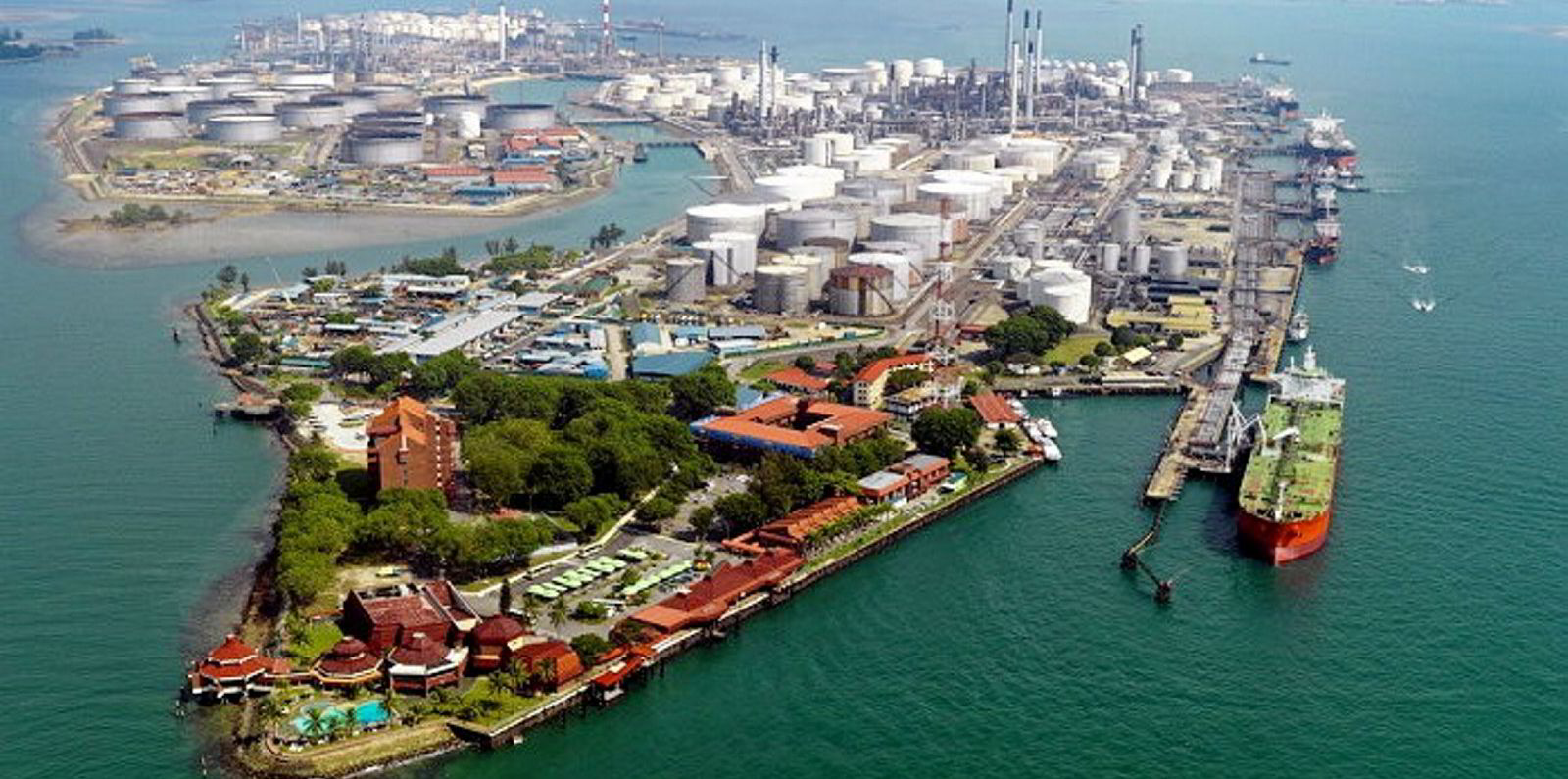Shell is to take part in a feasibility study that will trial the use of hydrogen fuel cells for ships in what has been described as a “first of its kind” for the oil major and Singapore.
The company said its analysis points to hydrogen with fuel cells as the zero-emissions technology that has the “greatest potential” to help shipping achieve net-zero emissions by 2050.
"This trial is an important step in demonstrating the applicability of hydrogen and fuel cells on ships," said Nick Potter, general manager of Shell Shipping and Maritime for Asia Pacific and the Middle East.
“We see fuel cells and hydrogen as a promising pathway for decarbonising shipping and working with partners in this way will develop our understanding of this critical technology.”
Potter said the trial will be a “testament to the thriving sector ecosystem in Singapore that makes this possible”.
The trial will develop and install an auxiliary power unit Proton Exchange Membrane (PEM) fuel cell on an existing ro-ro vessel chartered by Shell.
The vessel, which is owned by Singapore’s Penguin International, ships goods, vehicles and equipment on lorries between the city state's mainland and Shell’s Pulau Bukom manufacturing site.
The team will first carry out a feasibility study, with the target set to install the fuel cell next year after which the vessel will operate for a trial period of 12 months.
Shell, which will provide the hydrogen fuel, will work with Sembcorp Marine and its wholly owned subsidiary LMG Marin, which will design the fuel cell and retrofit the vessel.

Sembcorp Marine chief executive Wong Weng Sun said the project holds “exciting possibilities” for decarbonisation in the marine and energy industry.
“Hydrogen fuel cells have the potential to revolutionise shipping and transportation, enabling the industry to become greener with the ambition to achieve the 2050 target set by the International Maritime Organization to reduce total greenhouse gas emissions from international shipping by at least 50%,” he said.
James Tham, managing director of Penguin International, said the trial was “significant for Singapore” and for the maritime community at large.
“The outcome of this trial could quickly bring many shipowners to the forefront of this alternative fuel. As a Singaporean shipbuilder, owner and operator, we believe in playing an active part in decarbonisation,” Tham explained
The Maritime and Port Authority of Singapore (MPA) said it welcomed the initiative on the use of hydrogen fuel cells as a cleaner source of energy.
“We appreciate the confidence the companies have placed on Singapore in trialing the applicability of this new technology within the Port of Singapore,” said MPA chief executive Quah Ley Hoon.
Shell has also announced that it will be joining a consortium to develop an LNG fuel cell trial on a commercial deep-sea vessel.
Made up of partners from across the value chain, the project will demonstrate the suitability of fuel cells in the maritime sector, and develop the technology for use with future fuels.
Read more
- Shipping wakes up to the need to tax carbon out of business
- Shipowners call for market-based measures to accelerate decarbonisation
- US throws support behind IMO emissions cuts and promises investment
- UK government drags shipping into its national climate policy
- SEA-LNG says World Bank view on LNG is ‘a mistake’






